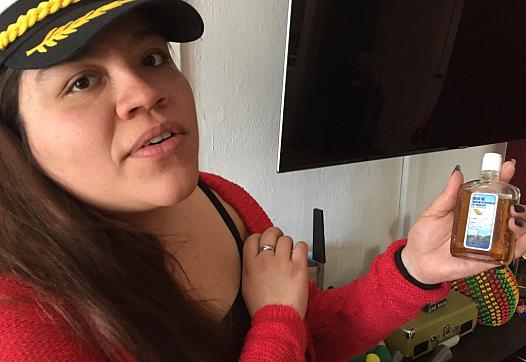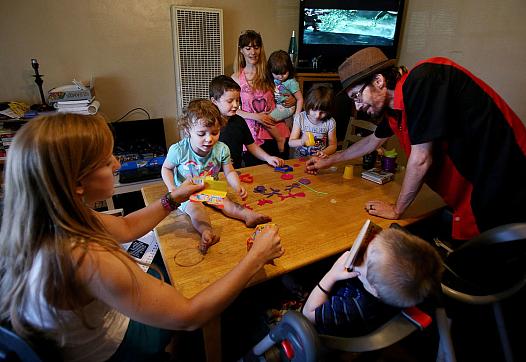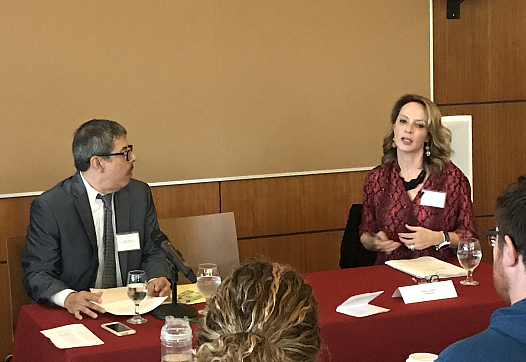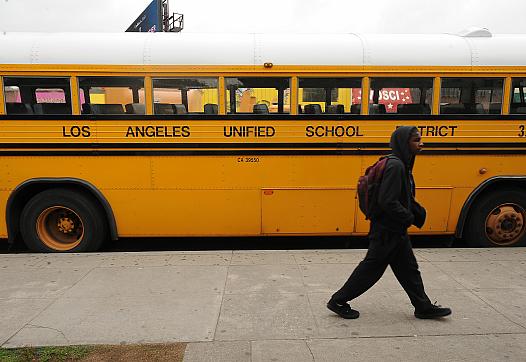
In Los Angeles County, the rate of deadly overdoses is much lower than the national rate. Why?

In Los Angeles County, the rate of deadly overdoses is much lower than the national rate. Why?

A network of regional "task forces" is tackling the opioid problem throughout California, leading to a dramatic drop in overdoses in one rural mountain county.
![[Photo by John Moore/Getty Images]](/sites/default/files/styles/teaser_list_thumbnail_large/public/title_images/unnamed_160.jpg?itok=wIVZIVt7)
Guadalupe, an undocumented immigrant and mother to a newborn and a 5-year-old, rarely ventures outside her LA home for fear of ICE.

Since the Great Recession started more than a decade ago, many Arizona families have languished as the state, facing budget shortfalls, cut services again and again. Foster care placements have swelled.
![[Photo: Matthew Ornelas/KVCR]](/sites/default/files/styles/teaser_list_thumbnail_large/public/title_images/unnamed_9.png?itok=vu9ckmQj)
Southern California's Inland Empire is growing, and there aren’t enough doctors to meet the demand. Can a new raft of programs at local universities help?
![[Photo by mliu92 via Flickr.]](/sites/default/files/styles/teaser_list_thumbnail_large/public/title_images/unnamed_177.jpg?itok=fDOG1did)
The idea that moms who take the lives of their children deserve nothing less than a lifetime of incarceration ignores what we now know about maternal mental health, writes expert Diana Barnes.

Ruben Castaneda of U.S. News and Cristina Londoño of Telemundo reported very different series on immigrant health. But both reporters had to win the trust of undocumented families for their projects.
![[Photo by frankieleon via Flickr.]](/sites/default/files/styles/teaser_list_thumbnail_large/public/title_images/unnamed%20%281%29_27.jpg?itok=ZSbsTLNx)
The 12-square-mile Hoopa Reservation in Northern California has been grappling with drug abuse for decades. A new reporting project aims to find out how Hoopa youth are navigating the realities of addiction.

At Los Angeles Unified's 15 wellness centers and through in-class screenings, the district is stepping efforts to help students cope with extremely high levels of trauma and toxic stress.